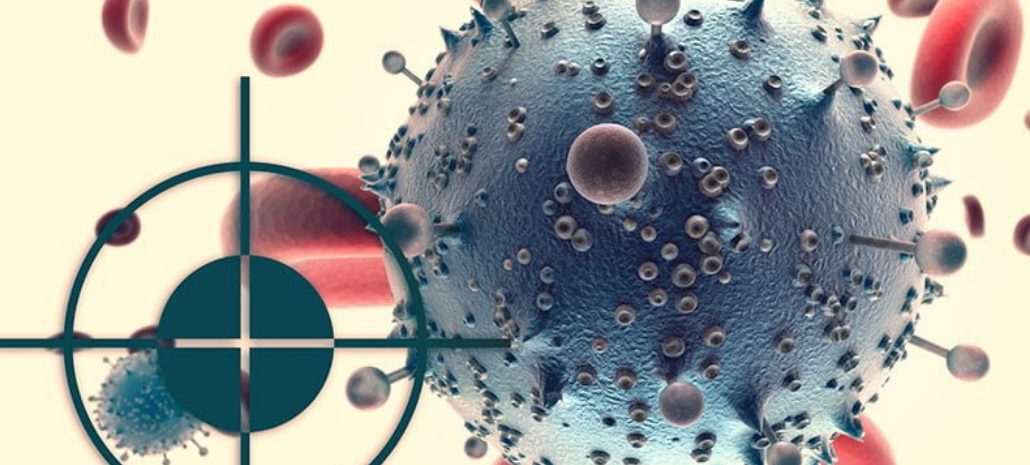Dr Manish Singhal - The best Cancer Specialist in Delhi
The Miracle Drug of Targeted Therapy: Imatinib

Some called it a miracle drug, while others called it a magic bullet.
Imatinib, commercially known as Gleevec and internationally marketed as Glivec, entered the field of medicine with a bang.
In 2001 it revolutionized the treatment of chronic myeloid leukemia (CML).
Currently, it is one of the best cancer treatment options for CML and gastrointestinal cancer. It is prescribed by top cancer doctors worldwide.
Invented by biochemist Nicholas Lyndon then working for Ciba-Geigy (now Novartis) in the late 1990s, imatinib’s use to treat CML was driven by Brian Druker, a cancer doctor at the Dana Farber Institute.
Initially, the medication was approved for use by the U.S. Food and Drug Administration (FDA) in 2001 to treat chronic myelogenous leukemia (CML), a rare form of cancer that affects certain types of white blood cells. Since then, imatinib has also been approved for use in patients with different types of gastrointestinal tumors.
Currently, scientists and cancer doctors continue to study the drug and its effectiveness in various cancers and other diseases, such as stroke.
Imatinib in targeted therapy
Cancer treatment has always focused on one aspect of cancer: Rapidly multiplying cancer cells. Targeted therapy takes a different route. It looks at other features of cancer cells, specific ones. That information is then used to create a targeted therapy to attack the cancer cells without damaging the normal cells, leading to fewer side effects.
There are several types of targeted therapy. To name some, hormone therapies, signal transduction inhibitors, gene expression modulators, apoptosis inducers, angiogenesis inhibitors, immunotherapies, and monoclonal antibodies that deliver toxic molecules. Out of these, imatinib belongs to the signal transduction inhibitor category of targeted therapies.
The ability of imatinib to reduce rates of disease progression and CML-related death has made it a model for targeted cancer therapy.
It is a tyrosine kinase inhibitor. It works by blocking the action of the abnormal protein that signals cancer cells to multiply. Imatinib is the drug that made the concept of targeted therapy a reality. Being an oral targeted therapy, it inhibits tyrosine kinases, specifically BCR-ABL, c-KIT, and PDGFRA.
This drug’s discovery and approval made something fatal into something manageable.
It is also called a breakthrough and a miracle drug because of its phenomenal success rate.
For example, recently, a study was conducted. In this study, Druker and his team found that, after 60 months of Gleevec therapy, 98% of patients had shown a complete hematologic response. Also, at 60 months, the estimated overall survival rate for patients was 89%, with a relapse rate of only about 17% (Druker et al., 2006).
It transformed CML treatment. In the past, CML patients had only two treatment options-bone marrow transplant and daily interferon infusions. While the former had serious side effects and was often fatal, the latter along with having side effects was not actually a cure but merely a way to prolong survival. Before imatinib, only 30% of patients with CML survived for even 5 years after diagnosis, with imatinib that number has risen to 89%.
Today it is also transforming the lives of people with gastrointestinal stromal tumors, and myelodysplastic/myeloproliferative diseases.
With it’s entry began the journey towards less toxic cancer treatments.
So, if you’re looking for the best cancer treatment in Delhi or anywhere else, you can ask your cancer doctor about imatinib. However, do not choose it without a thorough discussion with an expert informed about the drug, like Dr. Manish Singhal, a top oncologist in Noida.
Case study
When Bharat Shah, a resident of Atlanta, Georgia, was first diagnosed with CML, his life expectancy was 6 months to 3 years. So, he enrolled in a clinical trial for Gleevec/imatinib.
Since then, two decades have passed, and he is still going strong. In 2017 he told NBC News that he continues to take the daily pill.
Aside from a little puffiness around the eyes, he doesn’t have any other side effects.
When compared with harsher chemotherapy drugs, Gleevec has been shown to produce fewer, milder side effects.
The moral of the story
Imatinib has contributed immensely to the field of oncology; so, it is called a “wonder drug.” While imatinib is an exceptional case, scientists are working constantly to achieve the same results with other cancers. Only your cancer doctor can determine whether it is a suitable drug for you. If you need more information or advice, you can consult an expert like Dr. Manish Singhal, the best oncologist in Delhi NCR.




